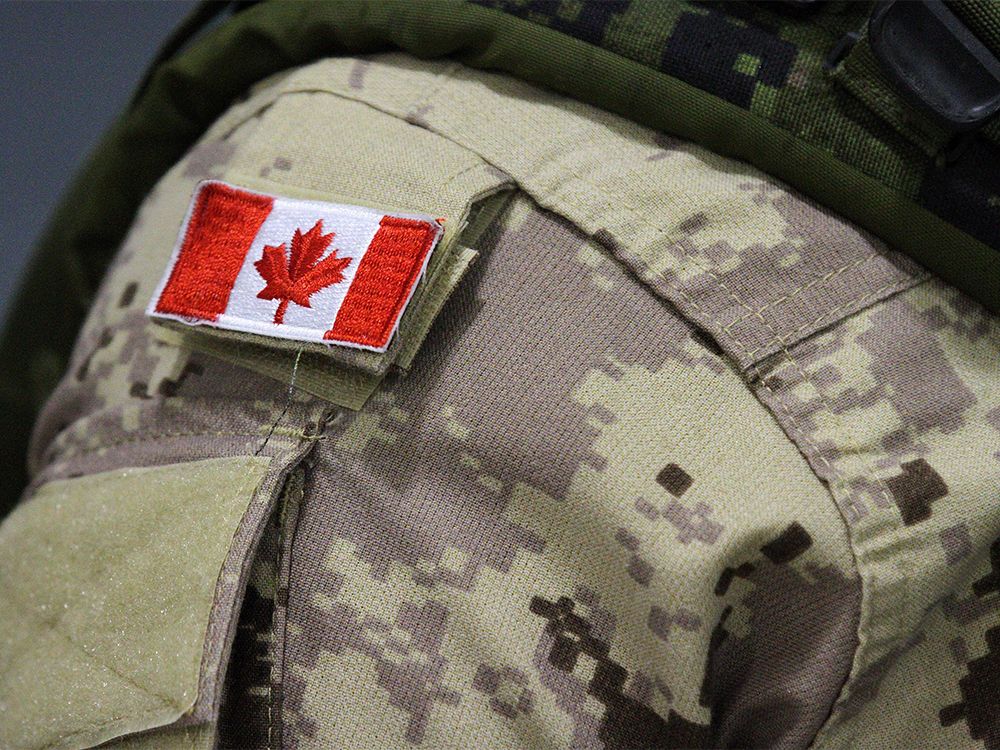kEiThZ
Superstar
The proposed-only 'not get our hands dirty' part.
You mean the part that is genuinely important to our economy and covers a lot of critical next generation technologies?
It's unfortunate that even a lot of military folks (unless they work at the strategic level or in policy) get this. AUKUS II is more important to Canada than AUKUS I. Nuclear submarines are a nice to have. Making sure our substantial AI and quantum computing industrial base doesn't melt away to the US is even more important. The real fear was what the AUKUS partners would insist on all our nothing in a bid to steal.our industry.
Joint AUKUS Statement here:

Joint Leaders Statement to Mark the Third Anniversary of AUKUS | The White House
We the leaders of Australia, the United Kingdom, and the United States, mark the third anniversary of AUKUS – an enhanced security partnership that







